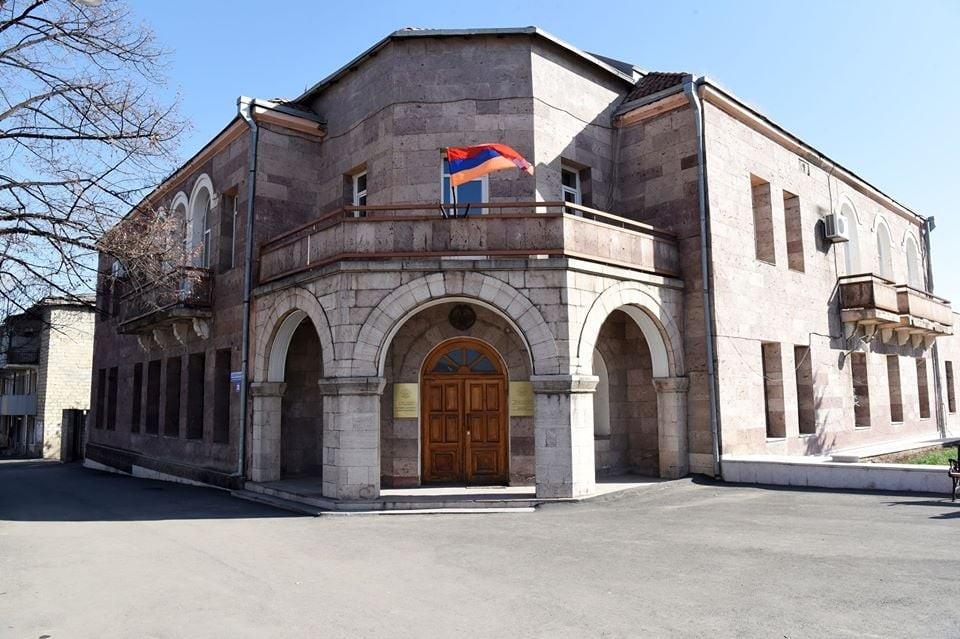
Artsakh Foreign Ministry: 1988 Sumgait Pogroms Reflect Azerbaijan’s Genocidal Policy Against Armenians
The Artsakh Foreign Ministry issued the following statement on the 33rd anniversary of the Sumgait Armenian pogroms.
Today, we are paying tribute to the memory of the innocent victims of the Sumgait Genocide - one of the most tragic events in the modern history of our people.
As a result of the planned mass pogroms committed on February 27-29, 1988 in Sumgait city, located in close proximity to the capital of Azerbaijan, dozens of Armenians were killed, hundreds were mutilated, and tens of thousands were deported. With the criminal connivance of the authorities of Soviet Azerbaijan and the complete inaction of the law enforcement bodies, within three days the city with many thousands was handed in to armed thugs who murdered Armenian citizens with impunity and with particular cruelty.
The Sumgait massacre marked the beginning of a whole series of crimes against humanity committed within the framework of the state policy of Azerbaijan towards the Armenian people at all the stages of the Azerbaijan-Karabakh conflict. After the collapse of the USSR, genocide, systematic ethnic cleansing and massacres carried out by the Azerbaijani authorities in 1988-1991 were replaced by war crimes during the armed aggression unleashed against the Republic of Artsakh and its people in 1991-1994, 2016 and 2020.
As a result of the genocidal policy pursued by Azerbaijan since 1988, thousands of Armenians have been killed, tens of thousands have been disabled and hundreds of thousands have been forcibly deported and lost their homeland.
Impunity and the lack of an appropriate response by the international community has ignited aggression and enlarged the scale of crimes committed by Azerbaijan against the people of Artsakh. The atmosphere of hatred cultivated in the Azerbaijani society for years by the official Baku has created a situation, in which war crimes, including bullying, torturing and murdering prisoners of war and civilians, are perceived in Azerbaijan as a norm and an example to follow. Azerbaijan's refusal to return the prisoners of war and civilians, who were caught up in captivity as a result of the Azerbaijani-Turkish aggression in the fall of 2020, is a vivid example of a criminal policy generated by impunity and permissiveness.
We bow before the memory of the innocent victims of the mass crimes and misanthropic policy of Azerbaijan and call on the international community to take effective steps to force the Azerbaijani authorities to relinquish their criminal policy and to create prerequisites for establishing stable and lasting peace in the region.
 Videos
Videos Photos
Photos
Write a comment